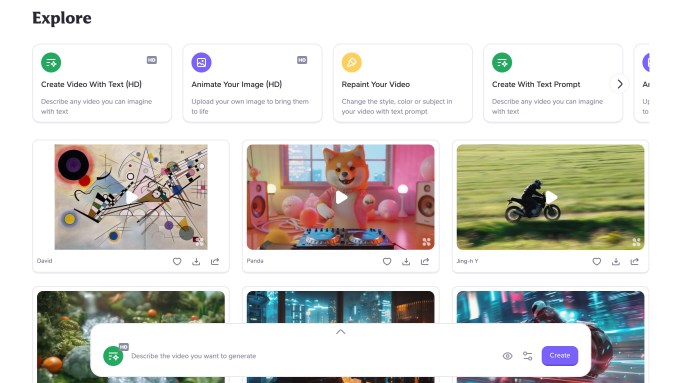
Welcome to TechCrunch Fintech! This week, we’re looking at the Evolve Bank hack, three notable acquisitions, Plaid’s enterprise customer growth and more.
To get a roundup of TechCrunch’s biggest and most important fintech stories delivered to your inbox every Tuesday at 8:00 a.m. PT, subscribe here.
The big story
On June 26, Evolve Bank & Trust, a financial institution that’s popular with fintech startups, announced that it had been victim of a cyberattack and data breach that could have affected its partner companies as well. The incident, according to the company, involved “the data and personal information of some Evolve retail bank customers and financial technology partners’ customers” such as Affirm, Mercury, Bilt, Alloy and Stripe. On June 29, fintech company Wise announced that some of its customers’ personal data may have been stolen in the data breach.
Also last week, Thread Bank — a popular partner to BaaS startups such as Unit — got hit with enforcement action from the Federal Deposit Insurance Corporation (FDIC).
Analysis of the week
This past week was an active one for fintech M&A. Just seven months after announcing a $6 million seed funding round, data intelligence startup Hyperplane announced it had been acquired by Brazil’s Nubank. The company’s main focus is to allow banks to train their own models to power tools across their risk, collections and marketing departments. Meanwhile, Chime also announced plans to acquire Salt Labs “for as much as $173 million.” TechCrunch covered Salt Labs’ $10 million raise in March of 2023 here. And Robinhood is adding more AI features for investors with its acquisition of AI-powered research platform Pluto Capital.
Dollars and cents
Payabli, which builds the infrastructure that allows companies — specifically software companies — to embed and facilitate payments through APIs, raised $20 million in a Series A funding.
Another company in the space is Rainforest, which also raised $20 million in its own Series A funding round, less than one year after its seed financing. Rainforest embeds payment processing into other software platforms.
Belgium’s Chift, which lets SaaS companies integrate with dozens of financial tools with a unified API, raised a $2.5 million seed round.
Armed with $8 million in seed funding, Egyptian banking-as-a-service startup Connect Money is out to tap its popularity to explore emerging business opportunities out of African markets.
As a foreigner, navigating health insurance systems can often be difficult. German startup Feather thinks it has a solution and raised €6 million to help some of the 40-plus million expats working and living in Europe.
What else we’re writing
Plaid’s expansion into being a multi-product company has led to it starting to see real traction beyond traditional fintech customers. President Jen Taylor told me exclusively just how many enterprise customers the company has now, detailing how growth in that segment is starting to outpace the rest of its business.
Indian e-commerce giant Flipkart has quietly started rolling out its own payments app, dubbed Super.money, as it broadens its fintech ambitions more than a year and half after separating from PhonePe. The Walmart-owned firm’s new app, now live in beta on Play Store, allows users to make mobile payments via UPI, an interoperable network that is the most popular way Indians transact online.
High-interest headlines
Citi sees AI displacing more bank jobs than any other sector
Goldman Sachs deploys its first generative AI tool across the firm
Billionaire Steve Cohen’s Point72 Ventures lays off fintech team in pivot towards AI
Pay for new stuff by trading in your old stuff right at checkout
Prudence, Profits, and Growth (global fintech report co-authored by BCG and QED Investors)
Only up from Here: 2024’s State of Fintech and the Hero’s Journey (from Bain Capital Ventures partner Matt Harris)
Want to reach out with a tip? Email me at [email protected] or send me a message on Signal at 408.204.3036. You can also send a note to the whole TechCrunch crew at [email protected]. For more secure communications, click here to contact us, which includes SecureDrop (instructions here) and links to encrypted messaging apps.




